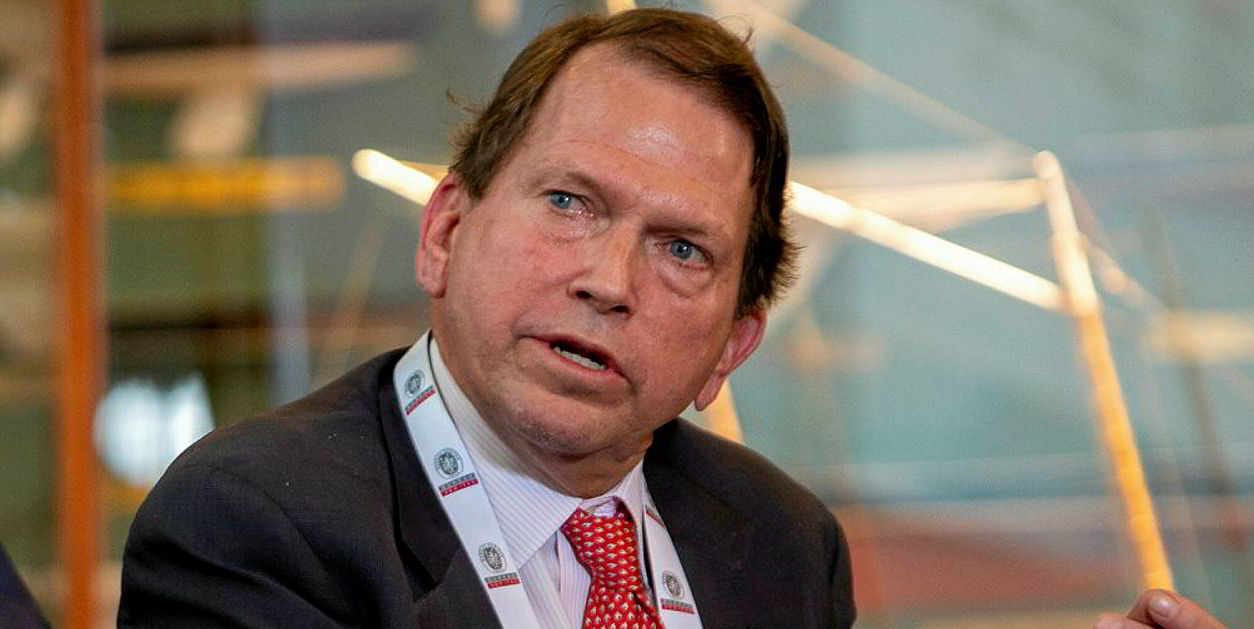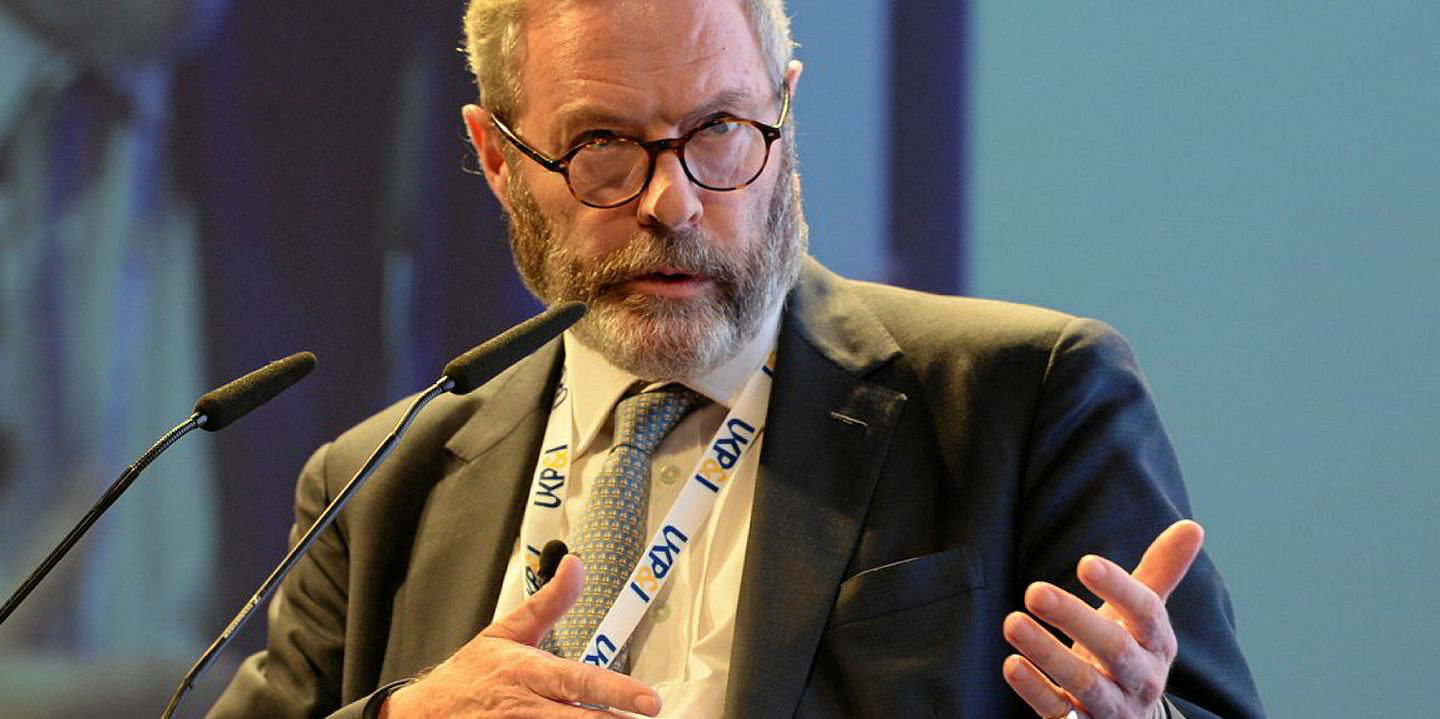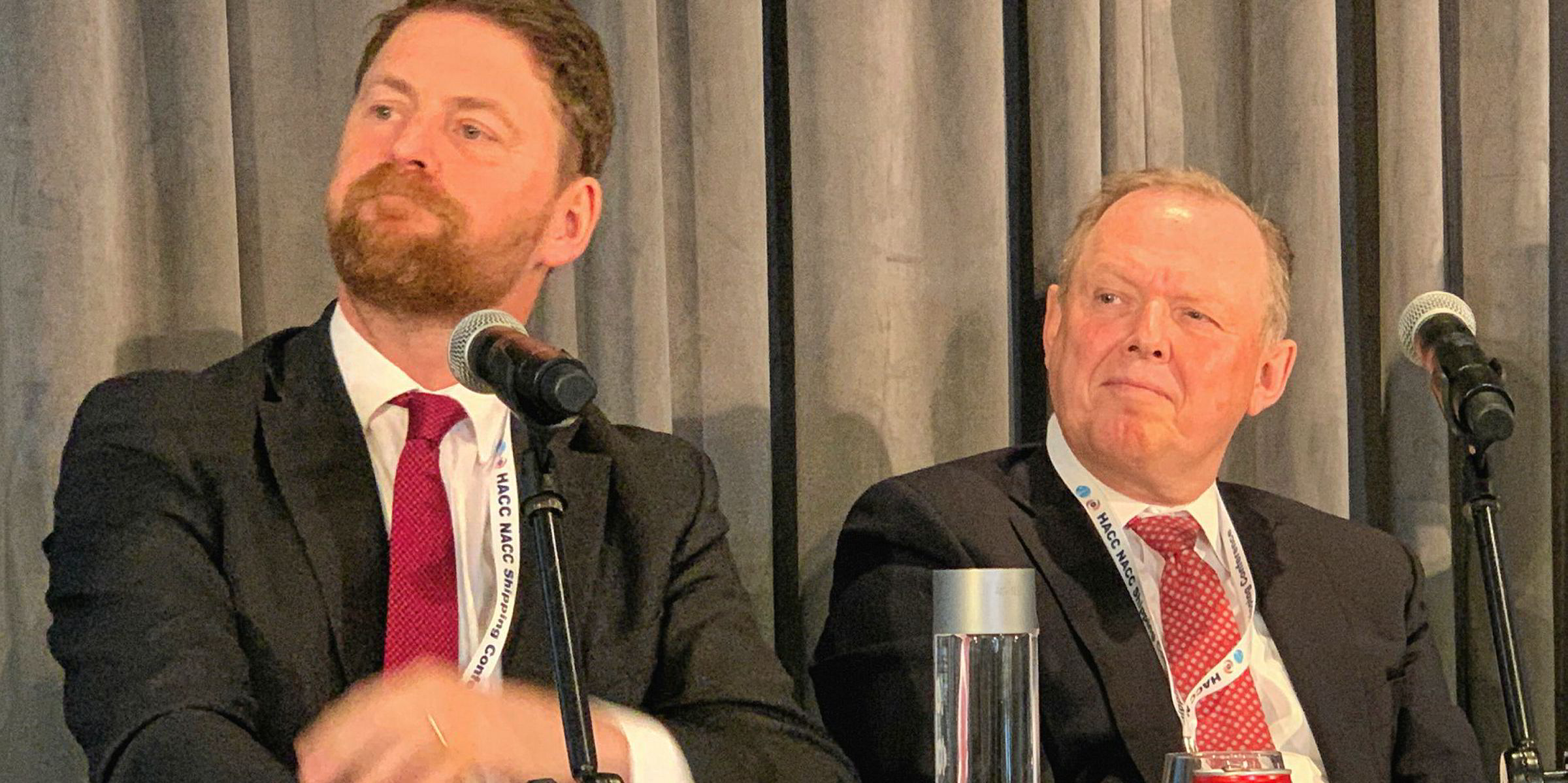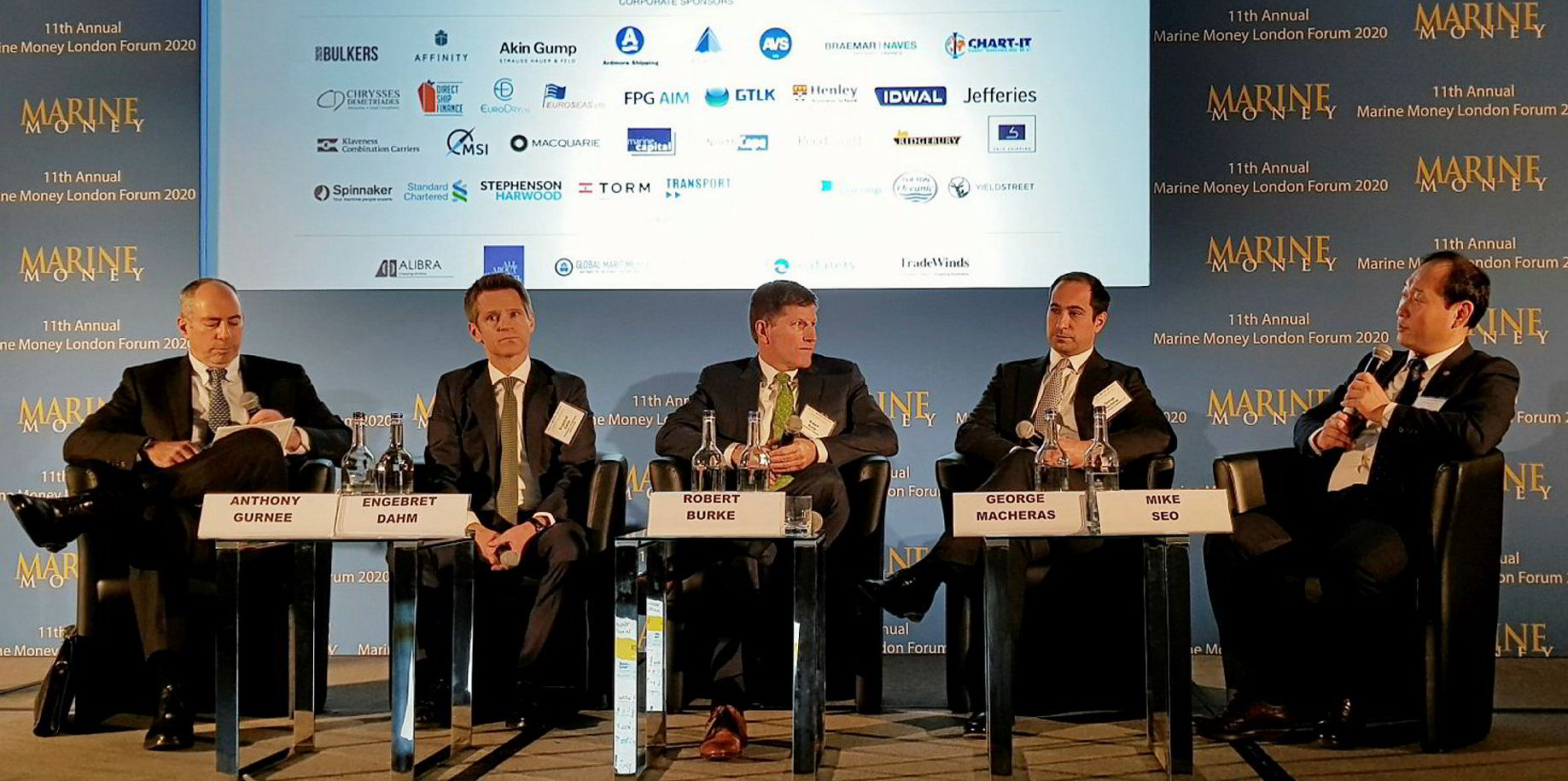We are living through the genesis of a society forever changed. The dance between governments, profit-seeking firms and society has been dragged reluctantly into the spotlight again and again over the past few years, inviting difficult questions about ethics, the environment and the relationship between firms and the public.
When first touted, those questions smacked of lofty academia; now, in this coronavirus landscape, they ricochet with pertinence.
For years, companies have spent millions of dollars to manufacture answers to these questions. Hidden behind high-moral “mission statements” and corporate and social responsibility outreach programmes, they did their best to pacify enquiries, hoping to be left alone to do business as usual.
None more so than our industry.
We think we get a bad press now. Woe betide us if the world ever took an interest in some of the behaviour of the less accountable sectors of shipping. Bilge dumping, false port calls and fake cargo manifests leap to mind.
Damaging loopholes
Not to mention our “solutions”; IMO 2020 has so many damaging loopholes, with such little enforcement, it’s hard to see the point.

How will our “environment first” posture sound when confronted with these facts? In a moment of reflection, we might concede that our industry has moved towards meaningful progress at a snail’s pace.
Like it or not, judgement day is fast approaching, and it’s your investors who are waiting at the gates.
For the first time, those controlling the public purse, pension funds, insurance funds and sovereign wealth funds must explain themselves to the people they represent, who have more access to information, more engagement and greater “ethics” than ever before.
You may have seen the term environmental, social and governance (ESG) suddenly appearing in publications and on conference agendas.
Simply put, this is the private sector’s response to these difficult ethical questions. It is how the company controlling an asset, and the people investing in it, can numerically quantify, record, compare and account for “ethics”, casting aside hollow “ethics statements”.
In a moment of reflection, we might concede that our industry has moved towards meaningful progress at a snail’s pace.
You might discount such notions of quantifying ethics as the realm of dusty studies and lecture halls. But the world demands an answer as to what this new relationship between companies and society will be.
Don’t look at ESG reporting as a voluntary step to put you ahead of the game; it is a step to keep you in the funding ring. Soon enough, institutional investors will not be able to commit money to ventures that cannot demonstrably align with their values, lest they get their fingers burnt.
To make the lives of these investors easier, and to access the largest pool of funding, a company should begin collecting and reporting ESG metrics and crafting policies that aim to improve these.
On a note of caution, ESG disclosure is designed to ask probing questions in sensitive areas, but the key is to chart real progress.
Of course, some shipping companies are streaks ahead of the pack in terms of recording, reporting and making progress towards a more sustainable model. Well done to them. But as an asset class, we are leagues behind the rest, figuring that as we are out of the public gaze, we need not concern ourselves with people’s opinions.
This is not an article bashing shipping. We are hugely more efficient and less polluting than other logistical methods, and bring employment to millions.
This pandemic has demonstrated that we are resilient and reliable. Who was it that brought food to shelves? Who continued to bring the flow of life-protecting equipment to our healthcare workers? And who toiled to move energy round the world to keep the hospital lights on and the ventilators pumping?
We are on society’s side, but let’s be honest, we can do more to increase our rate of progress — not only for the world, but for the continuation of our businesses.
Blake Sinclair is head of ESG at MTI Network, a communications firm that serves the shipping industry








